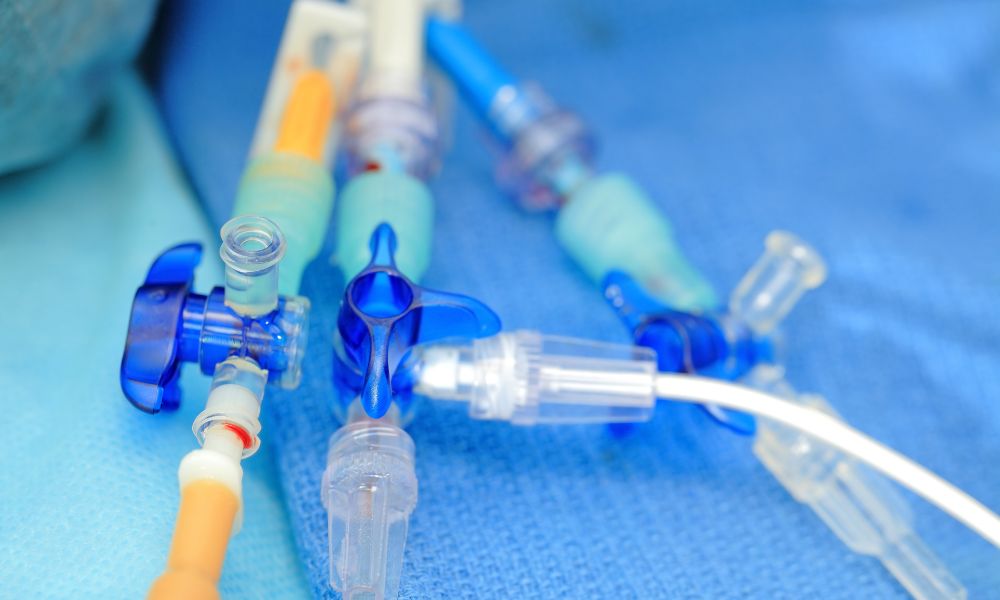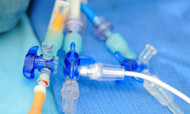How To Know When Something Is Wrong With Your Catheter
Posted by Jeanne Lowry on Oct 10th 2023

Living with a catheter doesn’t have to be a hindrance to enjoying life. You can manage incontinence and other issues with the right support. However, you should be aware of potential issues and how to know when something is wrong with your catheter. Let’s dive into some signs to look for and what to do if you notice these red flags.
Recognizing Physical Discomfort
One sign that something may be wrong with your catheter is if you experience physical discomfort. Common sensations include pain, pressure, or a burning feeling in the bladder or urethra areas. If you notice these signs, consult your healthcare professional immediately to prevent issues from worsening.
Detecting Leaks and Blockages
You’ll know that something is wrong with your catheter if you notice leaks or blockages. If your urine flow has significantly decreased or stopped altogether, you may be experiencing a blockage. Leaks can lead to wet clothing and bedding. In either case, your catheter could be the source of the issue, especially if you recently changed to a different type.
Checking For Infection
Inaccurate placement and poor hygiene can lead to catheter-related infections. Some common signs of infection include fever, pain in the lower abdomen or back, cloudy or foul-smelling urine, and increased urination. If you suspect you have an infection, reach out to a medical professional for care and advice.
Observing Changes in Urine Output
Not all changes in urine mean you have an infection. If you urinate significantly less than usual or if the color or consistency of your urine has changed, it could indicate an issue with your catheter. Drinking a lot of water, ensuring proper catheter placement, and following care routines may mitigate some concerns.
If you suspect your catheter is the source of the issue, try using an intermittent self-catheter to see if the problem persists. If it does, it’s time to inform your doctor.
Paying Attention to Catheter-Related Swelling
Swelling around the catheter site can be concerning if it’s accompanied by redness, tenderness, or discharge. This could indicate an infection, irritation, or an allergic reaction to the catheter material. Your doctor can determine the cause of these conditions, especially if unknown allergies are to blame.

